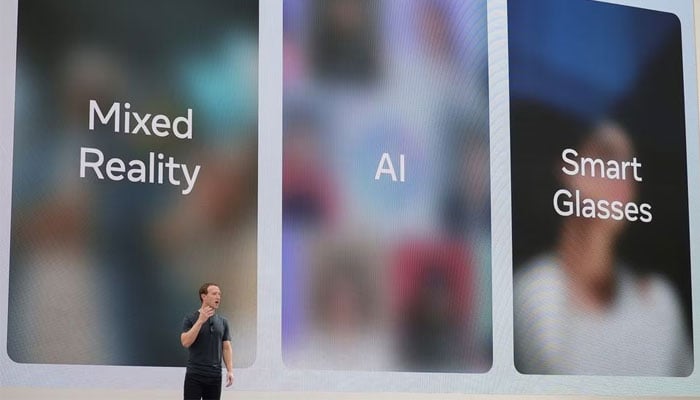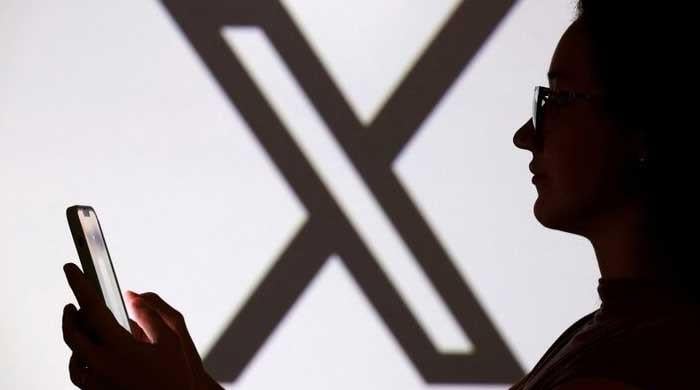WATCH: EDITH, is that you? Meta introduces AI Ray Ban glasses that make you Tony Stark
Mark Zuckerberg defined the latest AI goods as merging the virtual and real worlds
September 29, 2023
Meta CEO Mark Zuckerberg on Wednesday unveiled new AI products for consumers, including smart glasses that provide answers to questions, bots that produce photorealistic photos, and an updated virtual-reality headset.
Zuckerberg emphasised that part of what Meta offered was low-cost or free AI that could fit into daily life as he defined the goods as merging the virtual and real worlds.
Meta launched its first smart glasses, the Ray Ban Stories, in September 2021, but they were mainly designed to record video clips the new specs are fitted with AI and will be like wearing a computer on your face, just like Tony Stark.
In reference to the upcoming release of an Apple headset that would be significantly more expensive, Meta's Quest is the industry leader in the emerging VR market and the company's leaders called it the greatest value in the sector.
Speaking from a central courtyard on Meta's sprawling Silicon Valley campus, Zuckerberg said a new generation of Meta's Ray Ban smart glasses would start shipping on October 17, priced at $299.
What else do the AI-glasses offer?
The device will incorporate a new Meta AI assistant capable of live streaming broadcasts of what a user sees directly to Facebook and Instagram, an advancement over the previous generation's ability to snap photos with a new ultra-wide 12-megapixel camera.
You can record Full HD 1080p videos up to 60 seconds long, along with a feature for sending photos to friends and family with a single voice command.
The audio has been upgraded with new custom speakers providing extended bass and 50% higher maximum volume with improved directional audio reducing audio leakage even in noisy or windy environments.
The speaker also features a five-mic array for better audio pick-up. The glasses also feature a lighter and more comfortable design which comes with a charging case that provides 36 hours of usage.

What else is coming?
Zuckerberg attended the Meta Connect conference, the company's largest event of the year and the first in-person conference since the pandemic began.
He announced the launch of the Quest mixed-reality headset and introduced the company's first consumer-facing generative AI products, including a chatbot called Meta AI that can generate both text responses and photo-realistic images.
Zuckerberg spoke at the Meta Connect conference, the social media company's biggest event of the year as well as its first in-person conference since the start of the pandemic.
"Sometimes we innovate by releasing something that's never been seen before," Zuckerberg said. "But sometimes we innovate by taking something that is awesome, but super expensive, and making it so it can be affordable for everyone or even free."
According to Zuckerberg, Meta AI will be integrated into smart glasses as an assistant, starting with a US beta rollout. Additionally, a software update, planned for next year, will allow the assistant to identify objects and perform language translation.
He also said that Meta AI uses a custom model based on the Llama 2 large language model, and will access real-time information through a partnership with Microsoft's Bing search engine.
In an interview with Reuters, Meta Global Affairs President Nick Clegg said the company had taken steps to filter private details from the data used to train the model and imposed restrictions on what the tool could generate, like a ban on creating realistic images of public figures.
"We've tried to exclude datasets that have a heavy preponderance of personal information," Clegg said, citing LinkedIn as an example of a website whose content was deliberately not used.









